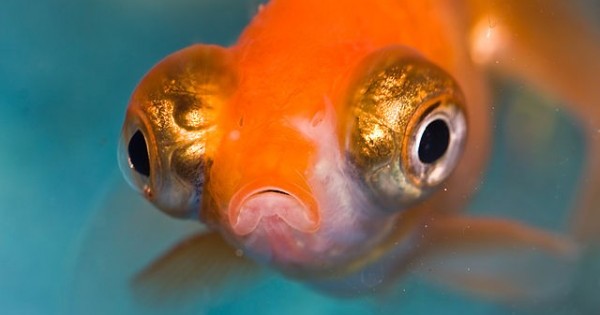
People ask me, Are you on WhatsApp? to which my instinctive response is Where is the apostrophe? Being a grammatically correct kind of gal, this sort of cyber sloppiness bothers me. Nevertheless, the answer is no. I am not on WhatsApp or Snapchat or Tweetbot or Vine or any of the cool social networking apps. I am entrenched in the Paleolithic era, when humans gathered in small bands to hunt and gather with stone tools and used spoken conversation to communicate their needs.
I am, however, quite fond of e-mail, for the simple reason that decades ago, as a master’s candidate in information science at City University in London, I wrote my thesis on electronic mail, as it was then called. In 1990, together with my adviser Penelope A. Yates-Mercer, I published my one-and-only peer-reviewed scientific paper (“Some impacts of electronic mail on information services”) in The Journal of Information Science. At the time I had never sent an e-mail message, and I typed my entire thesis on a manual typewriter. In the course of my research, I interviewed 45 separate corporations about their use of e-mail. I did so by sending them a typed questionnaire by Royal Mail, which they then returned in a stamped, self-addressed envelope.
I am particularly proud of my conclusions, which, while valid for 1990, had absolutely no relevance in the years that followed. The results of my survey showed that “few information services are using the system, and its main application is for brief administrative messages.” In most cases, I wrote, “there was little substitution of e-mail for letters, memos, telephone calls, meetings, or travel.” One service “felt that facsimile transmission had had more impact.” And the arrival of e-mail messages “was not as obvious as a telephone bell or an envelope on the desk.”
Obviously I am not cut out for the soothsaying business. If I look into the future, I see much murkiness. But others are willing to venture into the treacherous world of predictions. For example, John Cannarella and Joshua A. Spechler of Princeton University recently published a paper comparing Facebook to an infectious disease. In their conclusion, they wrote that their epidemiological model “suggests that Facebook will undergo a rapid decline in the coming years, losing 80 percent of its peak user base between 2015 and 2017.” The paper has not yet been peer reviewed, so Spechler informed me that he would like to “reserve comment” on his own work until completion of the review process.
I’ve often thought that Facebook’s addictive qualities make it more like a drug than a disease. And if, like the popular Myspace, it approaches near-demise in the coming years, then all my self-promoting scribbles and anecdotes about my beloved family will disappear into the ether. This is not a problem with paper, assuming one has the space and wherewithal to preserve it. As my mother, Irene, wrote in a recent electronic mail message to me, “I came across a postcard that Jeffrey [my brother] wrote from Israel when he was about 11 or 12. It reads:
Dear Family Glausiusz
I’m begginning [his spelling] to miss you but will see you tomorrow. I hope my budgie and goldfish are still alive.
Love Jeffrey
“Just think,” my mother commented, “Nowadays it would be a text or e-mail which would never be kept for posterity.”

